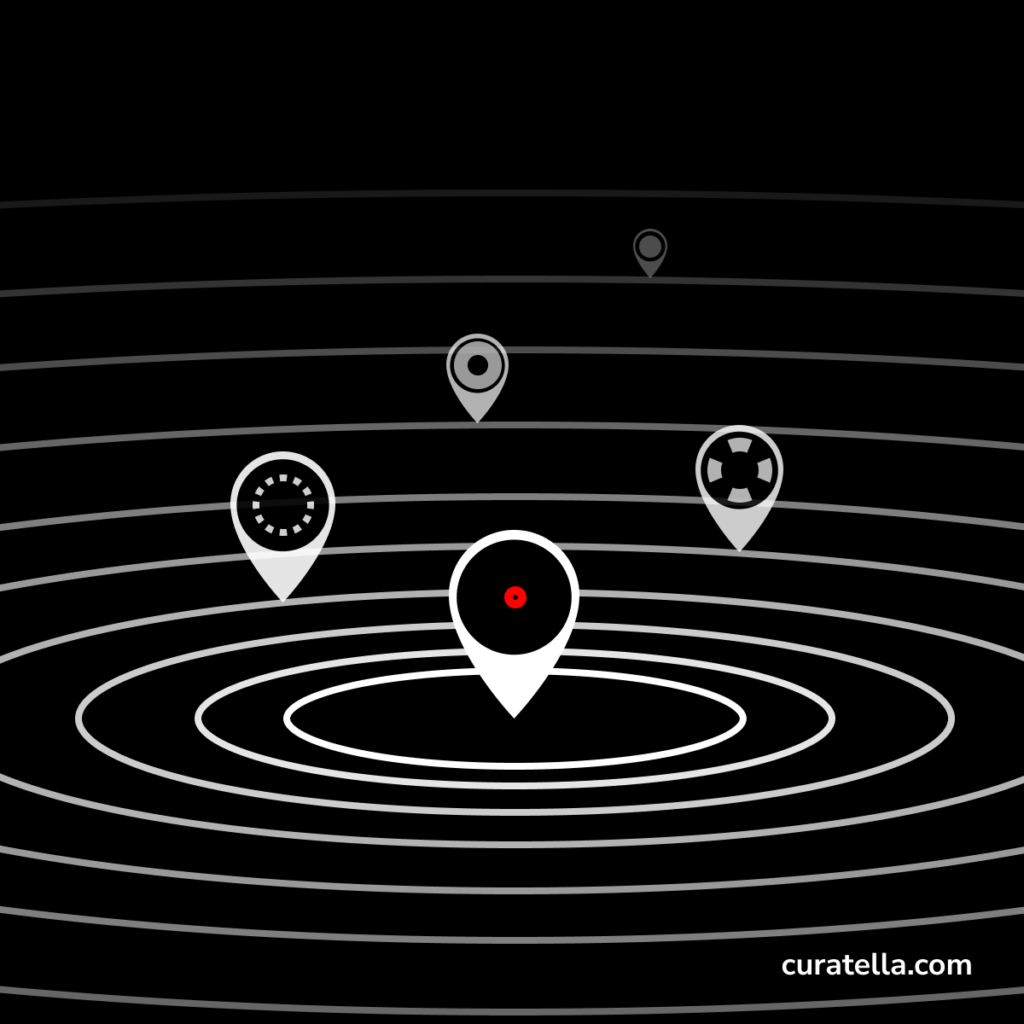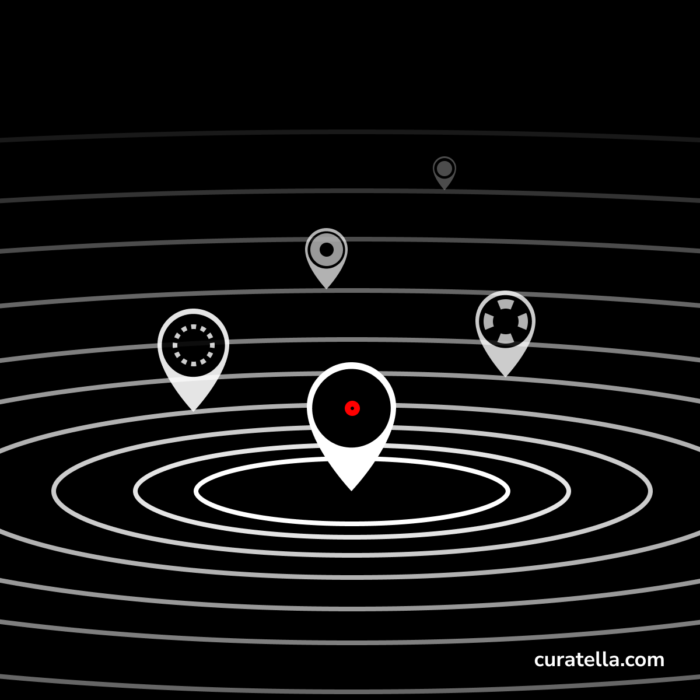I write because I think more and better. Writing makes me better. I’ve developed a daily writing habit, and it’s one of the best things I could do to improve my life. What if I also want to be read? That’s a beautiful creative tension between the force of expressing myself and the desire to have a following. If you don’t explore this relationship, you might fail in serving both: you will write weakly for an audience you won’t engage, and you will create frustration for not expressing yourself fully.
By applying canonical questions with a genuinely curious attitude, you might discover pathways to satisfy your inner desire to express your creativity and find the attention of other people.
Why should anybody read what you wrote?
It’s the research question at the center of our inquiry.
Why
The “why” it’s the starting point. It can be refined and reiterated.
Why should they even start to read it?
They need first to find your writing.
- How did they find it?
- Are you publishing your writing?
- Where? When? How?
- Is your writing findable?
They need to find it interesting.
- What value are you providing to your audience?
- Why should they find it interesting?
- Are you showing up front the value of your content?
- Do you write compelling titles?
- Are you packaging your content in an appealing way to your audience?
Once they start to read it, they have to go until the end and extract value.
- Are you writing in a way that keeps the interest high until the end?
- Are you communicating the value effectively in your writing?
- Are you supporting your value with reference?
What form has your writing?
What are you writing? Online articles, blog posts, diaries, newspaper articles, academic essays, social media posts, etc.
How are the media and the style you’ve chosen affecting your findability, appeal, and effectiveness in providing value to your audience?
Where?
Is your audience finding your content in their most suitable environment?
Can they read it online, anywhere?
Can they access it using a mobile phone?
Can they read it even if they have special needs?
Can they read it when there is no connectivity?
When?
When they need it. when it is suitable for them to read it
Can your audience find value in your writing when they need it?
Are you publishing at the right time and in the right place for your audience to take to fullest advantage out of it?
Who?
Your audience depends on who you are and who you want to express when you write.
Do you have a defined identity expressed in your writing?
Are you aiming at particular objectives when you write?
Do you want to be recognized by specific types, classes, categories of people?
Are you address your audience in a way that makes them interested and called to action?
What
Your writing can take other forms. Have you thought about other communication forms: podcasts, live sessions (online, offline), lectures, tutorials, videos, etc.?
Define your communication strategy
When you stop writing for yourself only, and you caress the desire to reach more than one person, you need to start to work on your communication strategy.
All of the previous questions are just the beginning of a framework to explore deeply the reasons and the means driving your writing.
Writing is a creative and a professional activity allowing us to provide a service to others and to achieve our sustainability.
To pursue the ambitious goal of writing for self-development and getting a following, we must clarify our identity, mission, and the people we want to refer to identify the most suitable tools, techniques, frequency, approaches, and media to write.
I’d like to thank Kamil Hatimi, Gabriele Regio, and Tutuwa Ahwoi, for their kind contributions in discussing the draft of this article.,


Leave a Reply